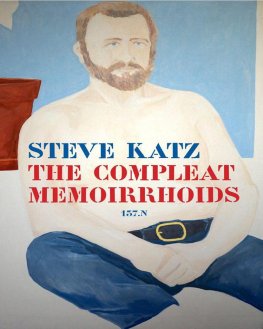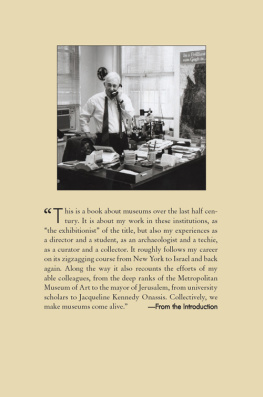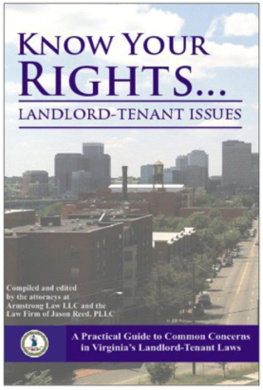Katz - The opposite field: a memoir
Here you can read online Katz - The opposite field: a memoir full text of the book (entire story) in english for free. Download pdf and epub, get meaning, cover and reviews about this ebook. year: 2009, publisher: Crown Publishing Group, genre: Non-fiction. Description of the work, (preface) as well as reviews are available. Best literature library LitArk.com created for fans of good reading and offers a wide selection of genres:
Romance novel
Science fiction
Adventure
Detective
Science
History
Home and family
Prose
Art
Politics
Computer
Non-fiction
Religion
Business
Children
Humor
Choose a favorite category and find really read worthwhile books. Enjoy immersion in the world of imagination, feel the emotions of the characters or learn something new for yourself, make an fascinating discovery.

- Book:The opposite field: a memoir
- Author:
- Publisher:Crown Publishing Group
- Genre:
- Year:2009
- Rating:4 / 5
- Favourites:Add to favourites
- Your mark:
- 80
- 1
- 2
- 3
- 4
- 5
The opposite field: a memoir: summary, description and annotation
We offer to read an annotation, description, summary or preface (depends on what the author of the book "The opposite field: a memoir" wrote himself). If you haven't found the necessary information about the book — write in the comments, we will try to find it.
The opposite field: a memoir — read online for free the complete book (whole text) full work
Below is the text of the book, divided by pages. System saving the place of the last page read, allows you to conveniently read the book "The opposite field: a memoir" online for free, without having to search again every time where you left off. Put a bookmark, and you can go to the page where you finished reading at any time.
Font size:
Interval:
Bookmark:
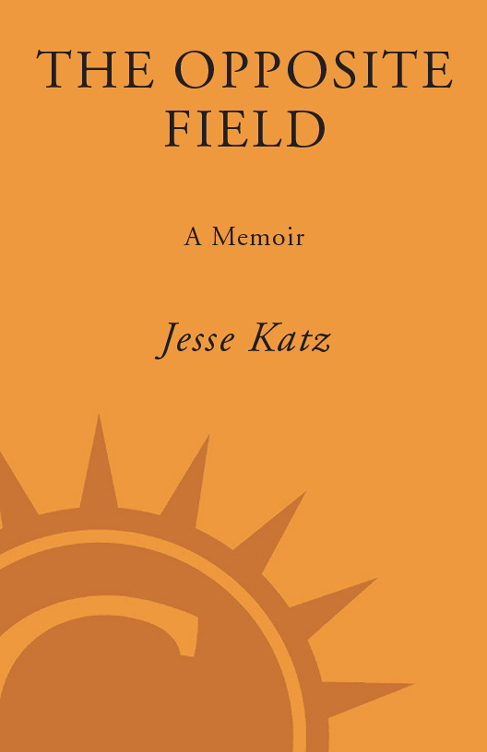
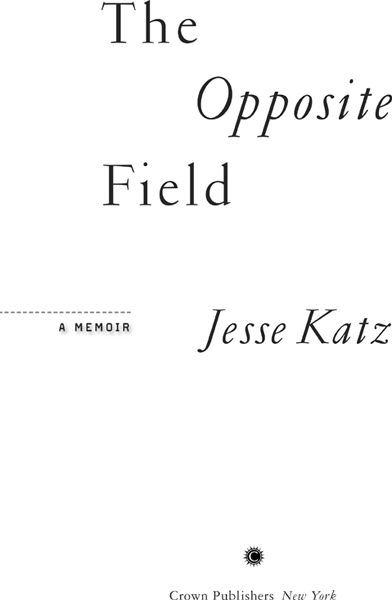
To Vera, Mel, Dianne, and Thelma,
Maxs grandparents
The man who finds his homeland sweet is still a tender beginner; he to whom every soil is as his native one is already strong; but he is perfect to whom the entire world is as a foreign land.
Hugh of Saint Victor
MY PARK IS CALLED LA LOMA. I HAVE ALWAYS LIKED THE sound of that, the symmetry of those double-barrel Ls, the femininity of the final Spanish vowels, the spacey La-La Land echo, all an improvement on its stiff translation: the Hill. La Loma is prettier, softer and rounder, earthierloamier. A park for losing yourself in. The park I went looking for myself in.
Max and I have spent nine springs and summers there, through squalls and droughts, heat waves and cold snaps, from his preschool years to the onslaught of adolescence. We have celebrated there and we have sulked there, twirling like fools across the dirt and chalk, drowning our broken hearts with fusillades of water balloons. We have made friends for life at La Loma and, I suspect, enemies for just as long. We have gone there to forget and to remember, to stop time and to grow up. The park is under our skin: season after season of bites, burns, stings, cuts, sprains, scars. Max has bled at La Loma. He has barfed there. He has wet himself. I have rinsed his wounds at La Loma, iced him, kneaded him, bandaged him, scooped him off the ground, his face streaked with sweat and clay and eye-black grease, and held him in my arms. Max has stood there, in jersey and cap, and hacked out The Star-Spangled Banner in front of a thousand people on his electric guitar. I have given myself to those same people, cheered and groaned alongside them, accepted their prayers and shared their beers, slipped to me in Styrofoam coffee cups. Whenever we have needed it, whenever I have felt burdened or alone, La Loma has been there. The park is always the park. Our refuge. My excuse.
It rises from the haze and glare of inland Los Angeles, far from Hollywood, beyond the margins of the tourist maps. In a city that skews west, toward the surf, La Loma is on the wrong side, east of the skyline, east of skid row, east of the rail yards, the slaughterhouses, the riverbed. By a shade, it is east of East Los Angeles, the original gangland, the cultural heartland of Mexican America. La Loma marks the spot roughly at which the barrio ends and the burbs begin, where inner-city Los Angeles meets bedroom-community Los Angeles. Knots of prickly pear give way to tidy rows of jacaranda, with flurries that dust the sidewalk purple, and Depression-era adobes fade into 1950s subdivisions of a style known as California ranch, with gas fireplaces and attached garages and faux clapboard shutters.
La Loma falls within Monterey Park, one of those invisible municipalities you could spend a lifetime in L.A. and never visit, maybe even never hear of. The town is blandly provincial and yet stunningly foreign: Forty thousand of its sixty-three thousand residents are of Asian descent, the highest concentration in any city in the continental United States. It was this fact that first drew me here, as a novice journalist, almost twenty-five years ago. I was new to L.A., new to adulthood, and the battles then raging between Chinese migrs and Anglo nativistsover language, over customs, over the right to belongwere redefining what it means to be middle class and American. From the polite liberalism of Oregon, via a fancy college in Vermont, I had been transported to a furious social laboratory on the haunches of Los Angeles. A new form of white flight was under way, not from a decaying urban core but from an ethnically convulsing suburb: Rather than embrace the new Monterey Park, twenty thousand white folks up and split. At the time, I could never have foreseen that this curious place would one day lure me back, not as a writer but as a father, that I would be returning, against the tide, to make Monterey Park my own. But that was long ago, before I married a barmaid from Nicaragua, before I inherited an extended family of aliens and castaways, before we had Max, our maple-skinned, almond-eyed chameleon of a son, whose childhood I was determined to mold and preserve.
Through eucalyptus, past weeping red bottlebrush, over bark mulch, La Loma hugs the hill, pausing and ascending and pausing againa vertical park, winding to some unseen pinnacle, rather than the naked grid of a playground. Each level of La Loma is distinct, concealed by shrubs and connected by stairs, exactly forty of them from bottom to top. Climbing them all is like scaling a labyrinthine tree fort, part Dr. Seuss and part Swiss Family Robinson. La Loma twists and strays, a dense wall of ice plants here, a secluded meadow there, a nest of hornets, a shock of wildflowers, a connect-the-dots of gopher holes, another rise and a thicket and a clearing, the park revealing itself with each turn. For as long as we have been going to La Loma, Max has been carving his own path, as all the kids do, finding freedom in the bramble. He squeezes between the narrowest gaps, scampers up the trickiest banks, and slides down the steepest chutes on rafts made of twigs and cardboard. Their name for this caper is Mission Impossible, and I can almost hear them dun-dun-dern-dern-dun-dun-ing the theme as they traverse the slopes, imbuing the topography of La Loma with drama.
Up the steps, on the highest levels, La Loma grows flat. The terraces unfurl into broad fields, like the mesas of a Road Runner cartoon. It is there, between March and July, that we play baseballhundreds of boys and girls, hundreds of games a year. Because of the grade and the foliage, it is difficult to see from the street that any of this is happening, difficult to imagine that the fortunes of an entire Little League could be contained within the undulations of this one hill. To discover La Loma, to cross its threshold, to rove its crooks, to emerge, breathless, at its summit, is to view Los Angeles from the inside out. Downtown is just seven miles awaythe basin sprawls below us, the skies above sparkle with LAX-bound jetsyet from this perch, it is quite possible to think of La Loma as its own universe, a secret park, into which nobody ventures without meaning to be there.
At night, when the last games are over and the lights shut off, I often take a moment on the bleachers, to watch the moon and listen to the crickets, just me and Max. I have been coaching his teams at La Loma since he was in T-Ball. He was six then, a guileless kindergartner, with no choice but to trust the decrees of his dad. Max is fourteen now and more complicated, a rocker and a skater, with a MySpace page and a life I will never again know everything about. On these diamonds I have witnessed him fail and triumph and fail again, his baby fat replaced by sinew and poise. Over the course of perhaps a thousand innings, he has known every possible outcome: the game-winning hit, the game-losing pitch, the acrobatic catch, the booted grounder, the daring steal, the fumbled tag, the beanballs both dispensed and received. I believe he has loved it as much as I have. Nine years of jerseys hang in his closet, nine years of trophies line his bookshelf, nine years of team photosMax growing taller and shaggier, me grayer and thickerstick to our refrigerator door. But with high school about to start, I can see just as well that we are at the end of something, that this park that has framed our relationship for two-thirds of his life is no longer the place by which he measures himself. He has one more year left, but he is done with La Loma. He is gifted enough, I think, to go out for his freshman team, but he is done with baseball. Max, if I understand him these days, is done with organized sports, with the uniformity and the corniness and the genuflections to authority. I dont know what happened, Dad, he tells me. Im just not feelin it anymore. Soon enough, I fear, he will be done being the boy who feels the need to offer any explanations at all.
Font size:
Interval:
Bookmark:
Similar books «The opposite field: a memoir»
Look at similar books to The opposite field: a memoir. We have selected literature similar in name and meaning in the hope of providing readers with more options to find new, interesting, not yet read works.
Discussion, reviews of the book The opposite field: a memoir and just readers' own opinions. Leave your comments, write what you think about the work, its meaning or the main characters. Specify what exactly you liked and what you didn't like, and why you think so.

![Katz - Zombie Slayer Box Set, Vol. 1 [Books 1-3]](/uploads/posts/book/141697/thumbs/katz-zombie-slayer-box-set-vol-1-books-1-3.jpg)
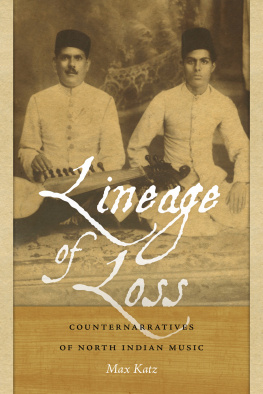
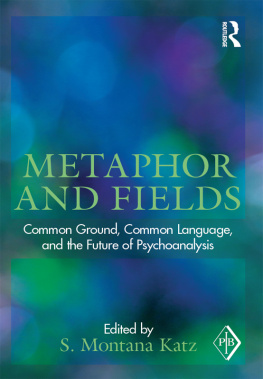

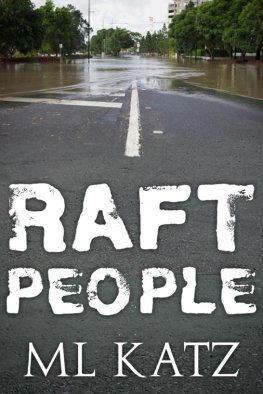
![Katz - Zombie Slayer Box Set, Vol. 2 [Books 4-7]](/uploads/posts/book/141698/thumbs/katz-zombie-slayer-box-set-vol-2-books-4-7.jpg)
